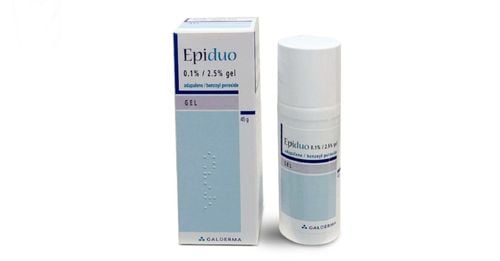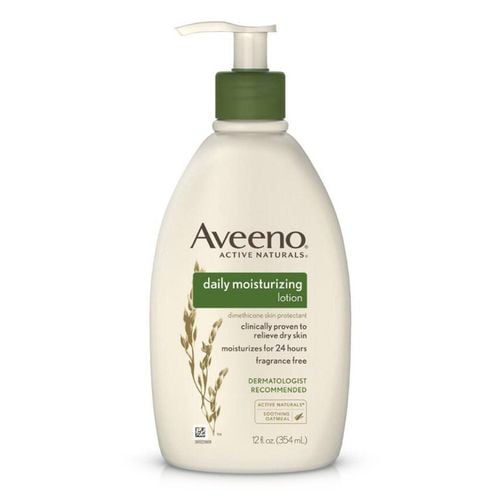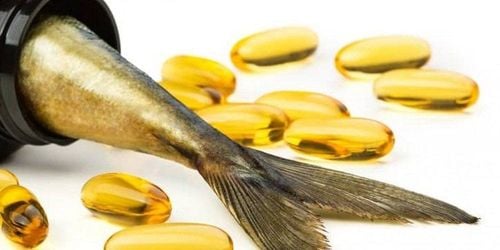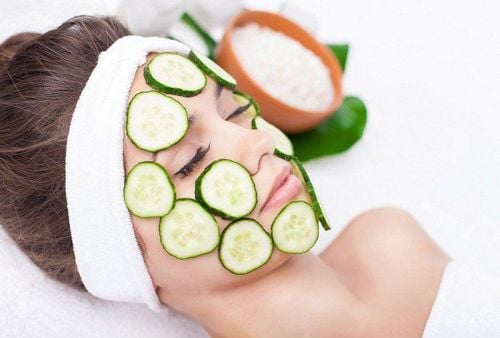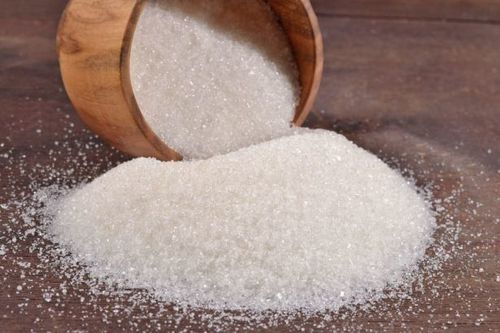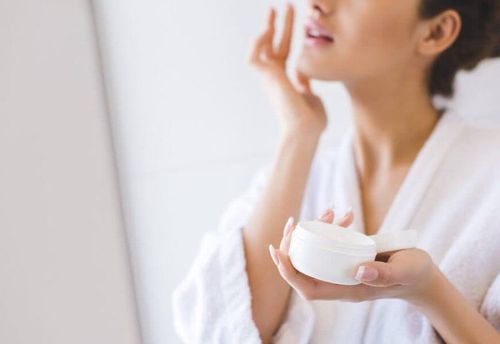For modern women, maintaining beauty is becoming increasingly important. However, during pregnancy, not all skincare ingredients are safe to use. So, can pregnant women use moisturizing creams?
1. Can Pregnant Women Use Moisturizing Creams?
Pregnancy is a time when a woman’s body undergoes significant changes due to hormonal fluctuations. These changes can have a considerable impact on a pregnant woman's appearance. Nowadays, many expectant mothers turn to gentle skincare products or moisturizing creams in hopes of improving their complexion and taking care of their skin during pregnancy. However, some pregnant women may be concerned about whether using moisturizing creams is safe for them.
It is clear that using cosmetics and moisturizers is essential for women, especially during pregnancy when the skin becomes more "sensitive" and difficult to manage.
However, not all moisturizing creams are safe for pregnant women. Expectant mothers should be very cautious about the ingredients in their skincare products to ensure safety while maintaining their beauty.
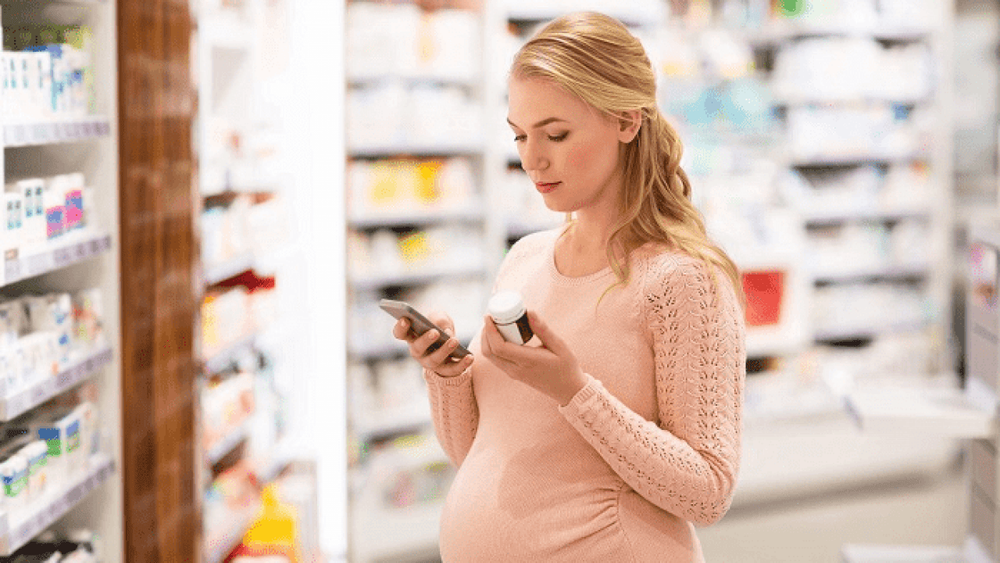
2. What Should Pregnant Women Consider When Choosing Moisturizing Creams?
During pregnancy, pregnant women can safely use gentle moisturizers to maintain healthy skin. However, in the first trimester, it is recommended to limit the use of cosmetics, as the embryo is still in the early stages of development and can be easily affected by external factors. Using unsafe cosmetics during this period can impact the proper development of the fetus.
Pregnant women should avoid acne treatment products, nail polish, and hair dye or perm products, as they can seriously affect the fetus. Additionally, heavy makeup, particularly on the skin and lips, should be minimized.
Choosing a moisturizer that is suitable for the skin and free from harmful ingredients for pregnancy can be challenging. Therefore, expectant mothers should carefully read reviews of pregnancy-safe skincare products before use.
Ingredients that should not be present in skincare creams for pregnant women include:
• Benzoyl Peroxide (found in acne treatments): This ingredient is not recommended during pregnancy as it may negatively impact the development of the baby.
• Fragrances: Commonly found in cosmetics, fragrances are not ideal during pregnancy. Even shower gels with strong scents should be used cautiously.
• Retinoids: Vitamin A derivatives can lead to birth defects when used excessively during pregnancy.
• Hydroquinone: This active ingredient has a high absorption rate into the skin (up to 45%). While the exact risks are unclear, experts still advise against using products containing hydroquinone during pregnancy.
• Salicylic Acid (BHA): Known for acne treatment, exfoliation, and pore cleansing, salicylic acid is found in many whitening creams. Oral salicylic acid can cause birth defects, so pregnant women should avoid high concentrations and opt for gentler alternatives like AHA (such as glycolic acid, lactic acid, or mandelic acid).
• Sunscreens containing ingredients like Avobenzone, Oxybenzone, Homosalate, Methyl Anthranilate: These can disrupt hormones and may lead to neurological issues, ADHD, and obesity in children later in life.
• Parabens: Commonly used as preservatives in cosmetics, parabens can irritate the skin and have been linked to cancer (though not conclusively proven). Exposure to BPA, a type of paraben, can affect fetal growth, weight, and even cause miscarriage.
• Aluminum Chloride Hexahydrate: Often found in antiperspirants, aluminum chloride should be avoided by pregnant women.
• Essential Oils: Not all essential oils are safe during pregnancy. For example, jasmine oil can cause uterine contractions, while sage and rosemary oils may induce bleeding and increase blood pressure.
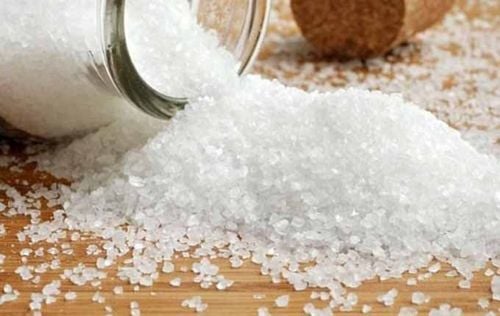
In addition to avoiding the ingredients mentioned above, even the safest skincare products can sometimes cause mild reactions that may affect both the mother and the baby. Therefore, pregnant women should choose natural-based skincare products that have been certified for quality and labeled as "safe for pregnant women" to ensure the gentlest care for their skin during pregnancy.
3. Skincare Routine Throughout Pregnancy
During pregnancy, expectant mothers can still follow a full skincare routine twice a day, in the morning and at night, as outlined below:
Morning:
• Cleansing: Gently cleanse your face.
• Toner: Balance the skin's pH and add moisture after cleansing.
• Serum: Provide necessary nutrients to the skin.
• Moisturizer: Lock in moisture.
• Physical Sunscreen: Apply sunscreen to protect the skin from UV damage.
Evening:
• Makeup Remover
• Cleanser
• Toner
• Serum
• Moisturizer
Pregnant women should avoid hot showers, as they can dry out the skin. If possible, it’s recommended to massage dry areas with coconut oil, get enough sleep, and avoid sleeping late to maintain healthy, glowing skin.
To arrange an appointment, please call HOTLINE or make your reservation directly HERE. You may also download the MyVinmec app to schedule appointments faster and manage your reservations more conveniently.
To arrange an appointment, please call HOTLINE or make your reservation directly HERE. You may also download the MyVinmec app to schedule appointments faster and manage your reservations more conveniently.
